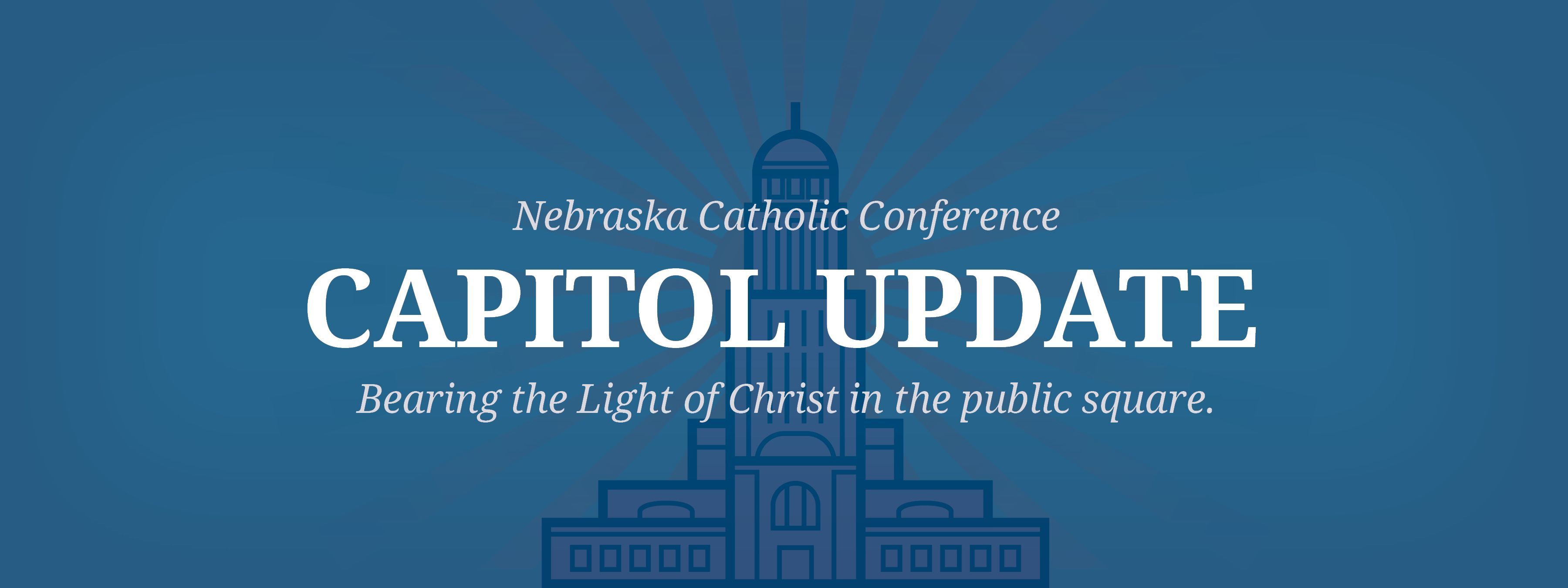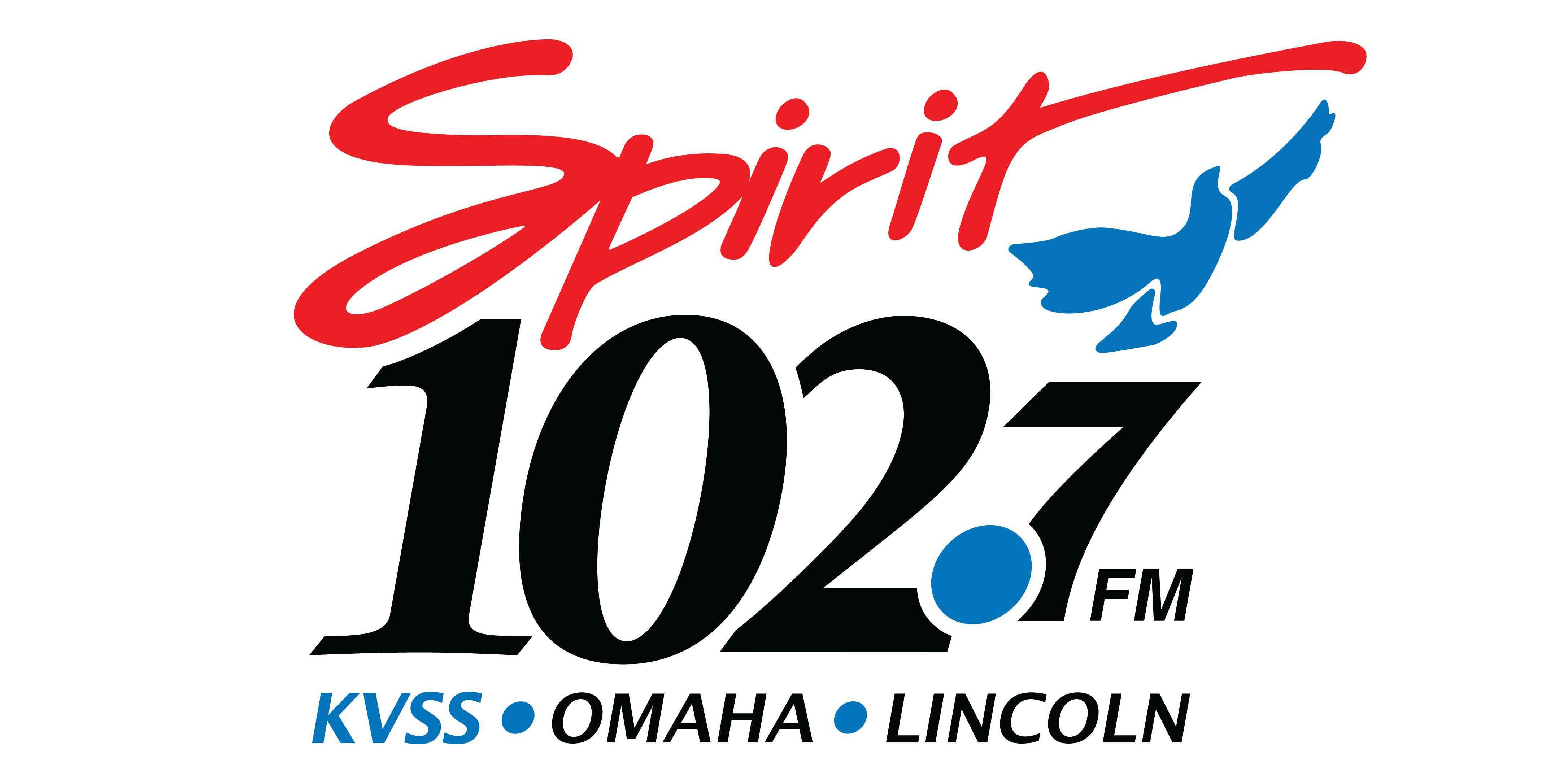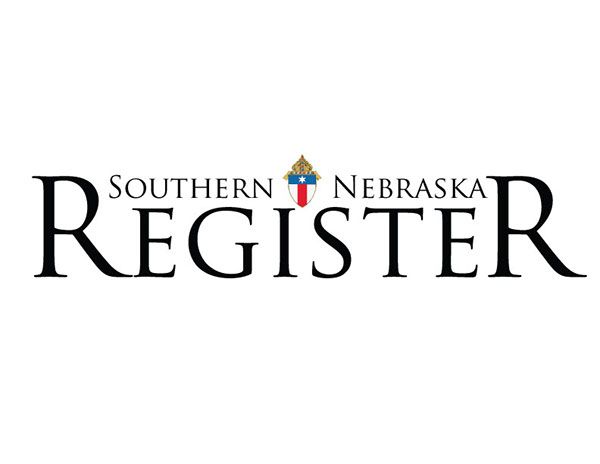There is a colloquial saying along the lines of “when one thing ends, another begins.” I’m not sure I’ve ever used it myself, up until now. But it’s the best description of what’s happening in Nebraska state politics.
On Wednesday April 20, the Nebraska Legislature adjourned sine die (a little Latin term meaning: “with no appointed day for resumption”). This means the 107th Nebraska Legislature is finished and, absent extraordinary circumstances, will not meet again this calendar year. The next time the Nebraska Legislature meets as a body (again, absent extraordinary circumstances) will be in January. When they meet in January, it will be the 108th Nebraska Legislature and that body will consist of a variety of new senators.
As the 107th Nebraska Legislature concluded its work on Day 60 with ceremonial and perfunctory tasks which occur at the end of every biennial session, one more chapter of Nebraska politics will be in the books. But another chapter will be in the making as attention turns more intently toward Primary Election Day (May 10).
The end of legislative session was hectic as usual, chock full of bills that were passed in the waning days of session. We’ll spend more time in May reflecting on the session, after the Primary Election Day festivities are completed. For now, I want to focus on that next chapter which is primary elections.
The primary elections are very easy to overlook, especially in a mid-term election when there is no presidential election on the ballot. But there are several reasons why the primary elections are important, particularly this go-around.
First, primary elections are important because voting is important. Every election is an opportunity for each of us to exercise our political muscles by participating in the democratic process of voting. Voting is at the core of our American experiment, and we ought not shirk our responsibility to be faithful citizens.
Second, Nebraska’s primary elections are important this go-around because the winner of the Governor’s race on the Republican ticket is almost certainly going to be Nebraska’s next Governor.
In 2014, our current Governor, Pete Ricketts, won a six-way race with 26.48% of the votes cast in the Republican gubernatorial primary. This constituted 57,936 votes of the 218,771 votes cast in the Republican primary. The Attorney General at the time, Jon Bruning, lost by a one-point margin, which made the race the closest Republican gubernatorial primary in nearly 100 years.
Governor Ricketts would then go on to handily win the General Election with 57% of the vote, with Chuck Hassebrook—the Democratic candidate—coming in with 39% of the vote.
So what’s the point of all this recent history?
While there are numerous candidates to be Nebraska’s next governor, nearly every political commentator recognizes the race is between three candidates: Charles Herbster, Brett Lindstrom, and Jim Pillen. While some polling has shown Herbster or Pillen as the lead horse, other polling has shown neck-to-neck race between the three candidates.
Looking back on the Republican primary in 2014, every vote mattered, and every vote had a direct impact on who would go on to not only win the 2014 gubernatorial race, but also end up being the person who would occupy the “corner office” in the Capitol for the next eight years.
Races like the upcoming Republican gubernatorial primary take place for other offices as well. Watching state legislative races over the last decade, there are races that have been won by a few dozen votes and others that have been within a couple hundred votes. Local city council races or county commissioner races can often be determined by a small, but important number of votes. These races and the importance of participating in these races should not go overlooked—your vote counts!
Finally, the primary election is important because, well, elections matter. As I mentioned in my last column, elections matter and who we send into public office because we voted for them or because we failed to vote has serious moral implications. Elections impact the lives of the unborn, the poor, the immigrant, religious believers, the worker, families, the public safety and welfare, and the list goes on.
As you prepare for the upcoming Primary Election, we invite you to visit www.NebraskaCatholicVoter.com where you can find candidate survey information. We asked questions of all candidates for state and federal legislature, governor, and state board of education. Many took the time to respond to questions about issues important to Catholics and other Nebraskans across the state.
We hope this resource helps you navigate the many candidates who are out there vying for your trust and vote on May 10. Be sure to do your research and vote your well-formed conscience.







